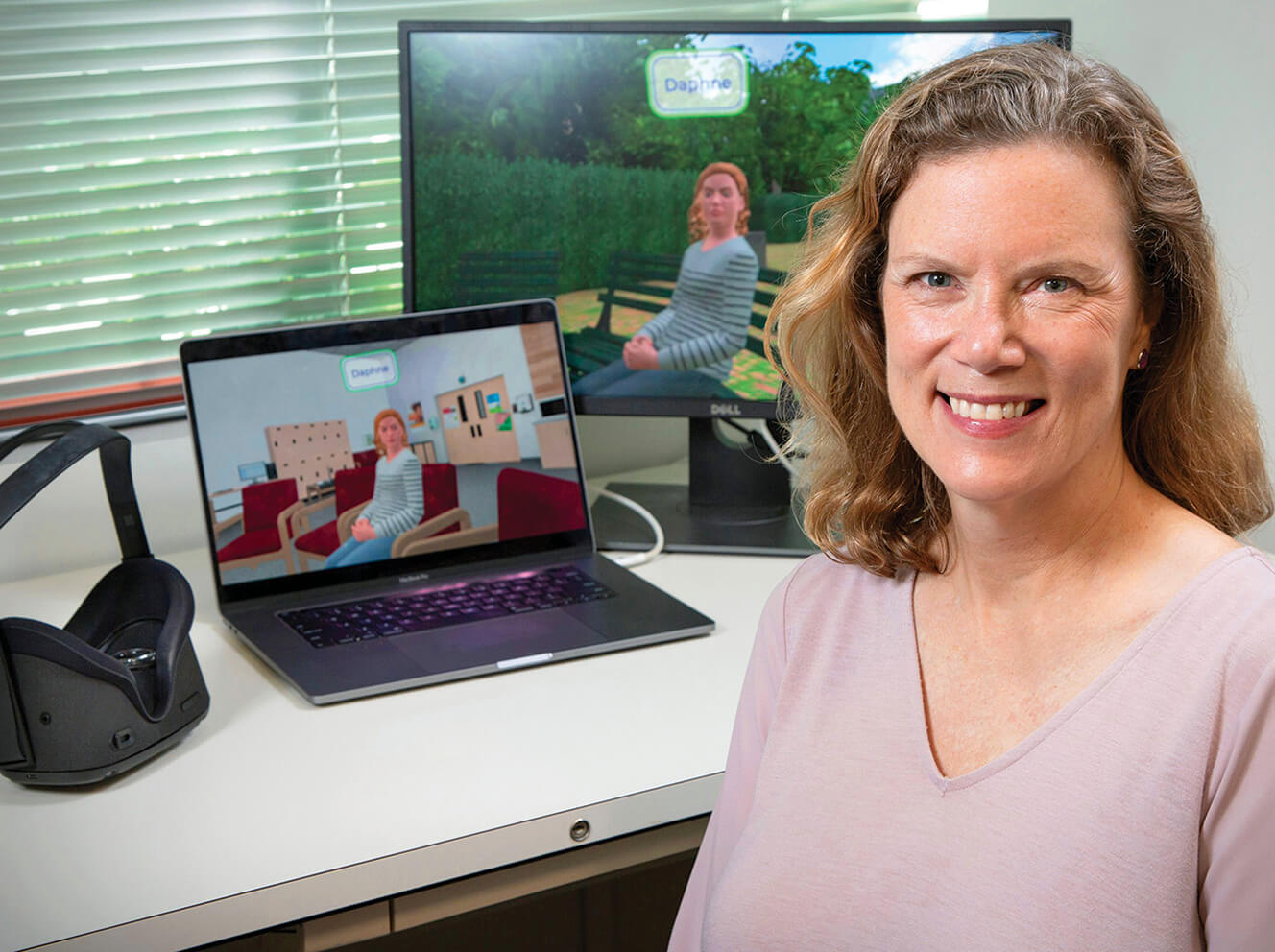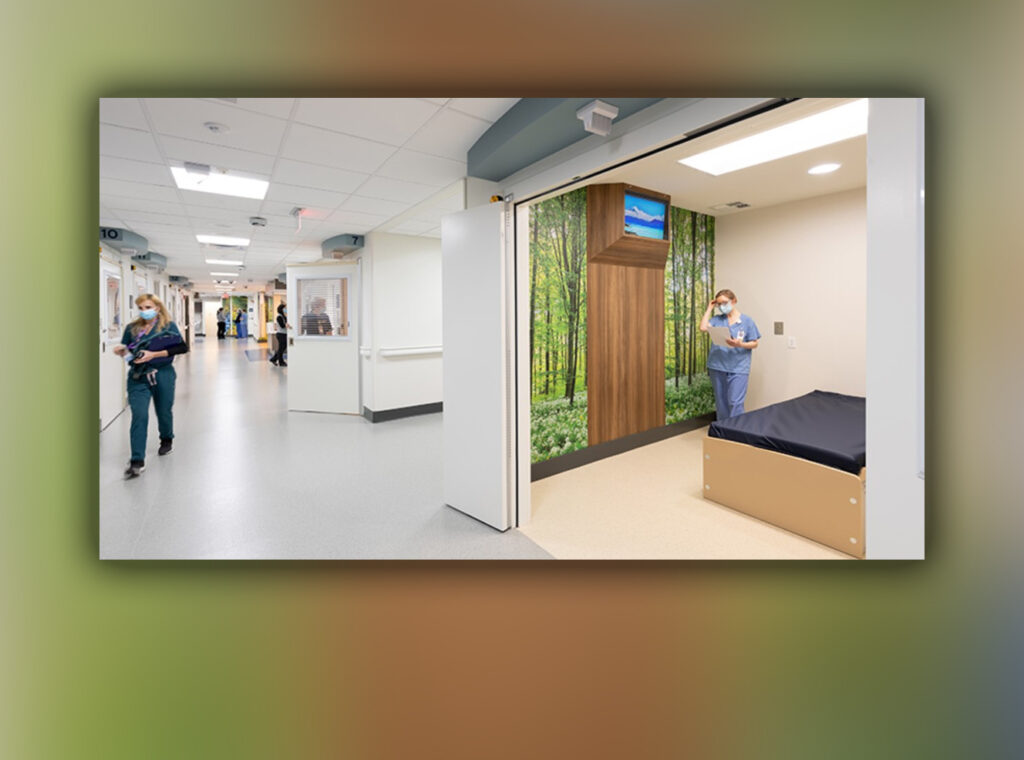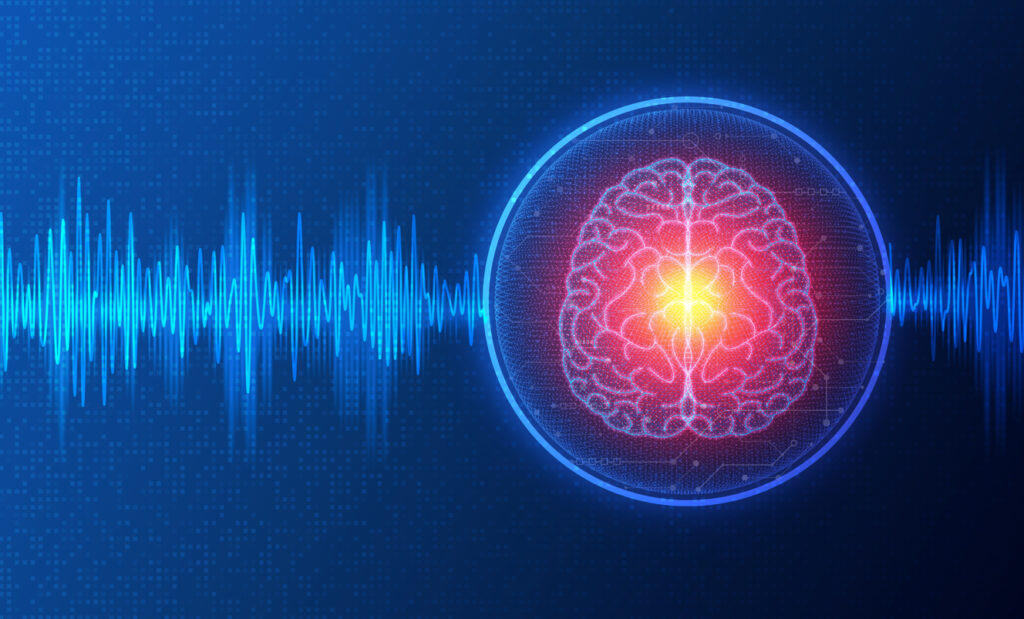“Working on your mental health can be really, really hard,” says Daphne Holt, MD, PhD, a psychiatrist, neuroscientist and MGH Research Scholar 2018-2023 at Massachusetts General Hospital and the founder of a pioneering program focused on ways to prevent psychiatric illness. “A lot of times when people are struggling with a mental health issue, they can get stuck in repetitive patterns of thought and behavior. It can feel like you are in a hole you can’t get out of.” Dr. Holt is investigating the feasibility of digital technologies to build resilience, treat conditions such as anxiety and depression, and even serious mental illness such as schizophrenia — and help patients climb out of those holes. Digital tools have enormous potential to alleviate the crisis in mental health — exacerbated by the COVID-19 pandemic — by expanding access to care, particularly in underserved areas, and reducing the stigma that prevents too many people from seeking help in the first place. Dr. Holt and her team are at the forefront of developing an innovative digital mental health intervention using virtual reality, or VR.
Connecting Virtually
Wearing a VR headset, individuals create an avatar and visit virtual rooms designed to encourage interaction and connection. This immersive environment gives new meaning to the phrase “change of scenery,” all without leaving the comfort of home. VR, according to Dr. Holt, “allows a new kind of learning to happen. It can be a catalyst for new behaviors. Suddenly people realize it may not be so hard to change.” As the founder and director of the Resilience and Prevention Program, Dr. Holt focuses on preventing mental illnesses or reducing serious symptoms through evidence-based behavioral interventions and insights from cognitive neuroscience.
Dr. Holt and her team, which includes psychologists and researchers Nicole DeTore, PhD, Anne Burke, PhD, Lauren Utter, PsyD, and Babatunde Aideyan, MA, are developing and utilizing a VR-based resiliency training program, Reconnecting with Ourselves and Others in virtual Meetings, or ROOM. This virtual reality resilience enhancing program was first created for frontline health care workers during the pandemic, and later expanded to focus on college students. ROOM includes a series of group sessions focused on mindfulness, emotional regulation, self-compassion and other topics. Expected outcomes include greater comfort being with others and improved social functioning, school attendance and academic performance. Program participants valued the ability to remain anonymous— most of them didn’t use their real names or avatars that looked like them. “I loved the anonymity and convenience; being able to do the workshop in my own room and knowing that other people don’t really know who I am made it easier for me to share certain things,” said one college student. Research data from the ROOM project found increased resilience among participants and significant reductions in symptoms of depression and anxiety, as well as increased comfort in social situations post-pandemic isolation. One college student who participated said: “Learning how to practice self-compassion got me through finals. It helped me change my perspective and better understand what my needs are.”
Understanding Behavior
Dr. Holt’s research has also revealed that the need for personal space increased during the pandemic, even in virtual reality. “This finding just tells us that our bodies have learned to socially distance and this is an unconscious behavior that will take time to unlearn, like many other feelings and beliefs we have developed about our safety in the world,” she observes. Brain imaging studies show specific patterns of neural responses when avatars get too close. “We are trying to understand this better, so that we can identify signatures of personal space regulation in the brain,” Dr. Holt says. “We can then use this information to monitor people’s responses to interventions like ROOM that can improve social functioning.” This is one way that Dr. Holt, who is co-director of the Psychosis Clinical and Research Program and director of the Emotion and Social Neuroscience Lab, investigates the neurobiological mechanisms driving personal space, specifically in individuals with schizophrenia. People with a diagnosis of schizophrenia often have an enlarged personal space, and this enlargement has been linked to disabling symptoms related to socialization. Studying abnormalities in personal space in schizophrenia may provide important clues to understanding these symptoms and developing treatments.
Currently, ROOM is focused on teaching resilience-boosting skills in a comfortable, engaging virtual environment to those who may be at risk for a mental health condition, but Dr. Holt and her team also plan to expand its uses. “The pandemic has led to a huge increase in the use of VR and related extended reality applications, so I think we will be seeing a lot more of this technology in our lives,” Dr. Holt notes.
If you would like to learn more or make a gift to support Dr. Holt’s VR work, please contact us.





